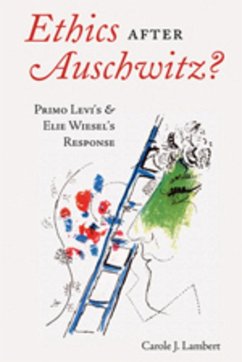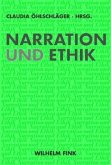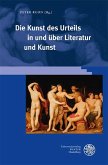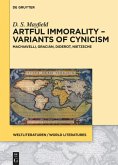Ethics after Auschwitz? Primo Levi's and Elie Wiesel's Response demonstrates how, after their horrific experiences in Auschwitz, both Primo Levi and Elie Wiesel could have deservedly expressed rage and bitterness for the rest of their lives. Housed in the same barracks in the depths of hell, a dark reality surpassing Dante's vivid images portrayed in The Inferno, they chose to speak, write, and work for a better world, never allowing the memory of those who did not survive to fade. Why and how did they make this choice? What influenced their values before Auschwitz and their moral decision making after it? What can others who have suffered less devastating traumas learn from them? «The quest is in the question», Wiesel often tells his students. This book is a quest for hope and goodness emerging from the Shoah's deepest «night».
«Carole J. Lambert has written a powerful book, full of literary insight and philosophical truth. A must for scholar and layperson alike, this book demonstrates the inescapable connection between intellect and soul.» (Mira Morgenstern, Associate Professor of Political Science, The City College of New York/CUNY)
«Emerging from the destruction of the Holocaust, which inflicted immense harm on the credibility of ethics, the survivor-testimony of Primo Levi and Elie Wiesel resists cynicism, despair, and moral relativism. Using the biblical Ten Commandments to focus her perspective on the ethical outlooks of Levi and Wiesel, Carole J. Lambert provides a clearly written, carefully researched, sensitively argued, and timely study that advances the moral aims of both men by showing what ethics can, should, and must be after Auschwitz.» (John K. Roth, Edward J. Sexton Professor Emeritus of Philosophy and Founding Director, Center for the Study of the Holocaust, Genocide, and Human Rights, Claremont McKenna College)
«Emerging from the destruction of the Holocaust, which inflicted immense harm on the credibility of ethics, the survivor-testimony of Primo Levi and Elie Wiesel resists cynicism, despair, and moral relativism. Using the biblical Ten Commandments to focus her perspective on the ethical outlooks of Levi and Wiesel, Carole J. Lambert provides a clearly written, carefully researched, sensitively argued, and timely study that advances the moral aims of both men by showing what ethics can, should, and must be after Auschwitz.» (John K. Roth, Edward J. Sexton Professor Emeritus of Philosophy and Founding Director, Center for the Study of the Holocaust, Genocide, and Human Rights, Claremont McKenna College)









